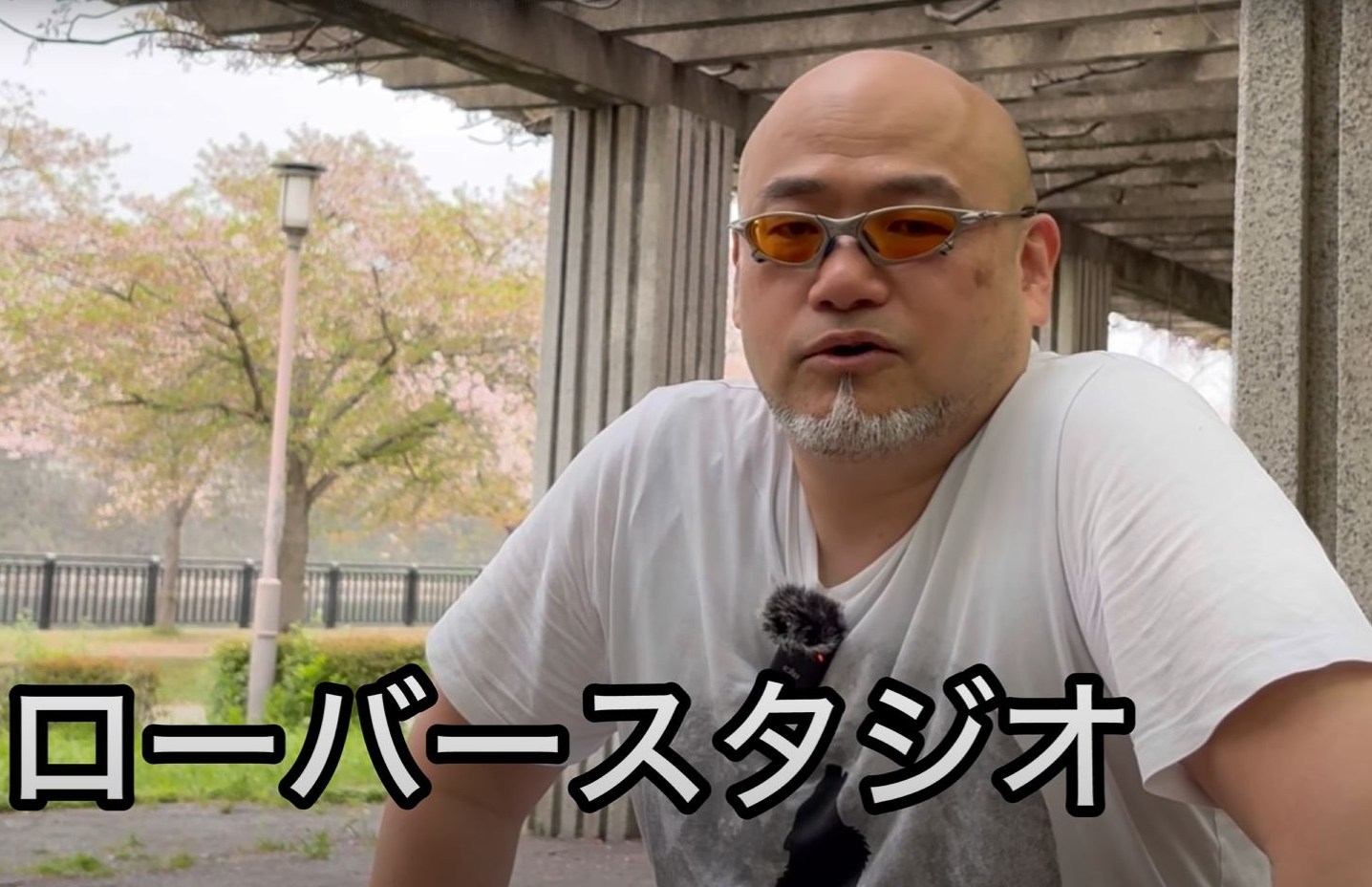
Around three years ago, Hellena Taylor, the former voice behind Bayonetta, posted a series of incendiary social media posts that called out PlatinumGames, the studio behind the Japanese action game franchise. Though Taylor had voiced the sultry character for years, she had been replaced for Bayonetta 3 — and she claimed it was over an “insulting” pay dispute. And now, world-class blocker and shit-talker Hideki Kamiya, who directed the original Bayonetta and supervised the sequel, has finally chimed in on the controversy in a YouTube video.
While donning tiny sunglasses and a T-shirt with a wolf howling at a moon, Kamiya recalls the incident in a way that sounds overwhelming. The footage quickly flips through a sample of posts directed at Kamiya after Hellena Taylor tried rallying Bayonetta fans on social media against PlatinumGames, and some of them get nasty. Kamiya displays posts that call him a disgrace or otherwise demean his work. His timeline was so flooded, he resorted to his famous block button. “But my blocking skills couldn’t keep up,” Kamiya says with a laugh. “They were even faster than my blocking.”
The outcry was motivated by Taylor’s assertion that she had only been offered $4,000 to reprise her role for Bayonetta 3, which she did not consider commensurate to her contribution to the game. In the end, prolific voice actor Jennifer Hale took up the mantle as Bayonetta, and Taylor’s assertion that she was lowballed was challenged in a report that claimed PlatinumGames tried its best to get her to come back. The pay, the report said, was much higher than the number Taylor was throwing around on social media.
Taylor did not immediately respond to a request for comment, but she did dispute the report at the time.
Kamiya says that he felt initial reports at the time “glossed over” finer details in a one-sided way, which made it difficult for onlookers to truly understand what had transpired between all the parties involved. This, in turn, made it easy for people to get angry at Kamiya.
After the initial controversy died down, Kamiya says that he went back to see what people were saying, only to notice that some of the crowd had deleted their initial posts at him.
“I told them, before you just delete it, apologize to me first,” Kamiya says, before detailing the way he handles conflict. When he’s wrong, Kamiya says, he admits it and apologizes — so he expects others to treat him the same way. Though it’s not mentioned in the auto-dub for the video — Kamika speaks Japanese — the transcript for the video notes that he felt the deleted posts were “SOME REAL COWARD SHIT.”
“I thought that was really lame. I’m the type of person who holds grudges, so I’ll complain,” Kamiya says before moving on to other topics in the 12-minute video.
Beyond Taylor’s galvanizing of the masses, part of what made the situation blow up is the increased concern over the treatment of voice actors in the industry. In recent years, a number of games have replaced voice actors who made specific roles iconic, and voice actors maintain that this is done so companies don’t have to pay as much for fresh talent. Gaming companies, on the other hand, might feel that a series could be refreshed with new voice actors. The tension, among other things, ultimately led to a yearlong strike in which voice actors lobbied for measures like better pay and protections against AI.
